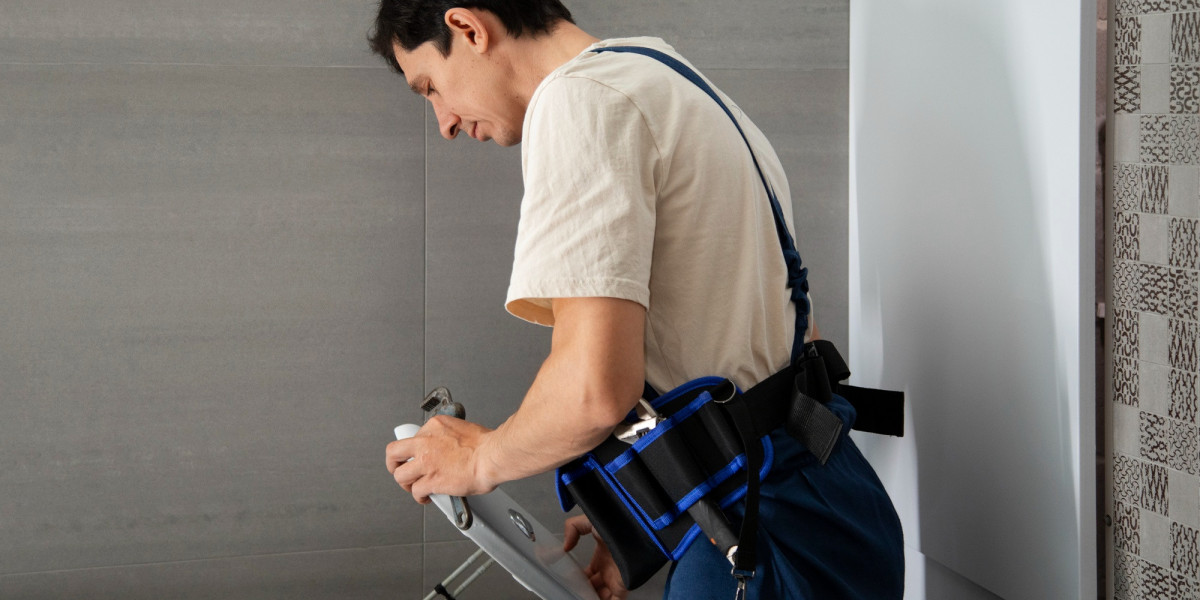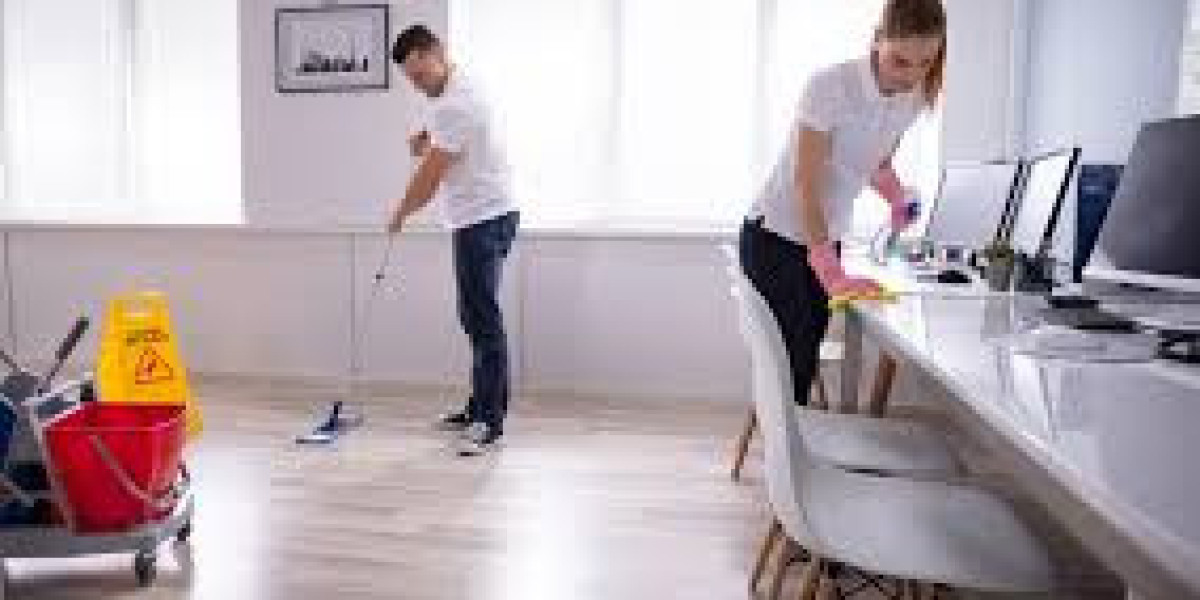Plumbing emergencies can strike unexpectedly, causing significant disruption and potential damage to your home. Whether it's a burst pipe, a backed-up sewer line, or a leaking faucet, knowing how to respond quickly and effectively can make all the difference. In this comprehensive guide, we’ll walk you through the essential steps to take during a plumbing emergency to minimize damage and ensure a swift resolution. If you’re in a tight spot, remember that Plumbing Ottawa professionals are always available to help.
1. Assess the Situation
The first step in handling a plumbing emergency is to assess the situation. Identify the source of the problem and determine its severity. Is the leak coming from a pipe, a fixture, or an appliance? Are you dealing with a minor drip or a major flood? Understanding the extent of the issue will help you decide on the appropriate course of action.
If water is leaking or flooding, it's crucial to act fast to prevent further damage. Turn off the water supply to the affected area. Most homes have a main water shut-off valve located near the water meter. For specific fixtures, you may need to turn off the valve directly connected to that fixture. Knowing the location of these valves before an emergency occurs can save valuable time.
2. Address Immediate Risks
Once you have turned off the water supply, address any immediate risks associated with the emergency. If you have a significant water leak or flood, try to contain the water to prevent it from spreading further. Use towels, rags, or buckets to catch and absorb the water. Remove any valuable items or furniture from the affected area to protect them from water damage.
If the water is coming from a pipe, check if the pipe is cracked or burst. In some cases, you might be able to temporarily seal the leak with duct tape or a pipe repair clamp until professional help arrives. However, this is only a short-term fix and should not replace the need for expert repairs.
3. Clean Up and Disinfect
Once you’ve addressed the immediate risks, it’s time to clean up the affected area. Remove standing water using a wet/dry vacuum if available. Ensure the area is thoroughly dried to prevent mold and mildew growth. Clean and disinfect any surfaces that came into contact with water, especially if the water was contaminated.
Proper cleanup is essential to avoid potential health risks and long-term damage. Be sure to wear protective gloves and take necessary precautions when dealing with contaminated water. If the damage is extensive, you may need to consult with a professional restoration service to ensure your home is properly cleaned and sanitized.
4. Seek Professional Help
Even if you’ve managed to contain the problem and clean up the area, it’s crucial to seek professional help to address the underlying issue. A qualified plumber will be able to diagnose the problem accurately and provide a long-term solution. If you’re in the Barrhaven area, contacting a Plumber Barrhaven can be particularly helpful, as they are familiar with local plumbing systems and can offer prompt service.
Professional plumbers have the tools, expertise, and experience to handle a wide range of plumbing emergencies. They can assess the damage, perform necessary repairs, and advise on preventing future issues. Don’t attempt to tackle complex repairs on your own, as this could lead to further damage or safety hazards.
5. Take Preventive Measures
Once your immediate plumbing emergency has been addressed, it’s essential to take preventive measures to avoid future problems. Regular maintenance and inspections can help identify potential issues before they become emergencies. Consider scheduling routine plumbing inspections with a trusted professional to ensure your system is in good condition.
Additionally, be mindful of what goes down your drains and toilets. Avoid flushing non-flushable items or pouring grease down the sink, as these can lead to clogs and backups. Install drain screens and keep an eye on your plumbing system for any signs of leaks or wear.
Conclusion
Handling a plumbing emergency effectively requires quick thinking and decisive action. By following these steps, you can minimize damage, address immediate risks, and ensure that the underlying issue is resolved by a professional. Remember, Plumbing Ottawa services are always available to assist with any plumbing needs, and Plumber Barrhaven can provide specialized support for those in the Barrhaven area. Stay proactive and prepared to keep your plumbing system running smoothly and prevent future emergencies.



